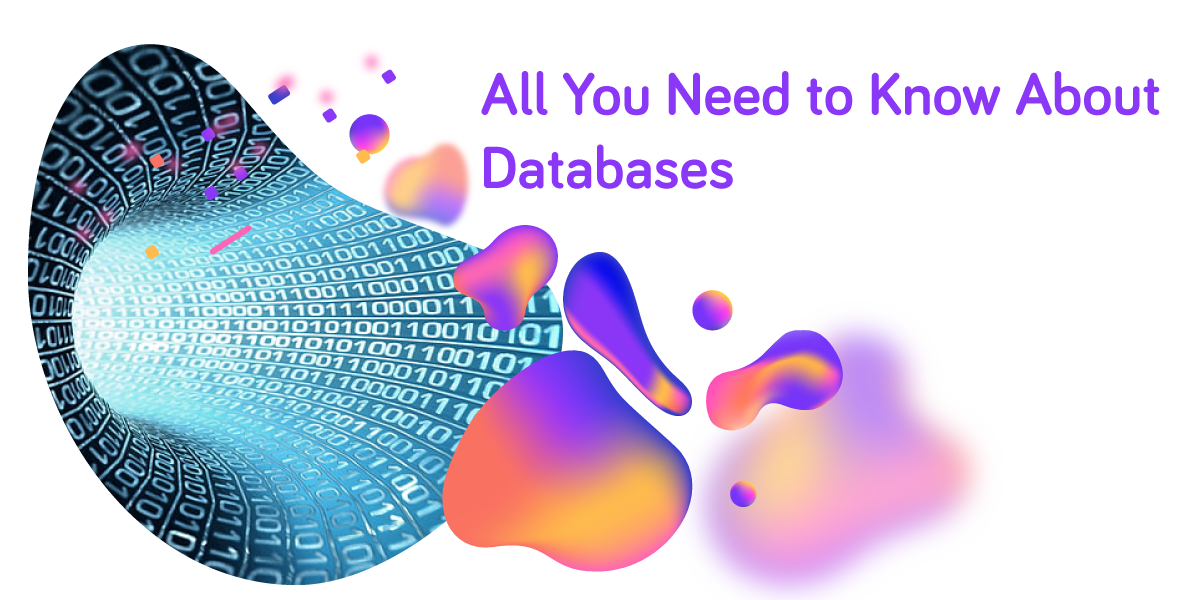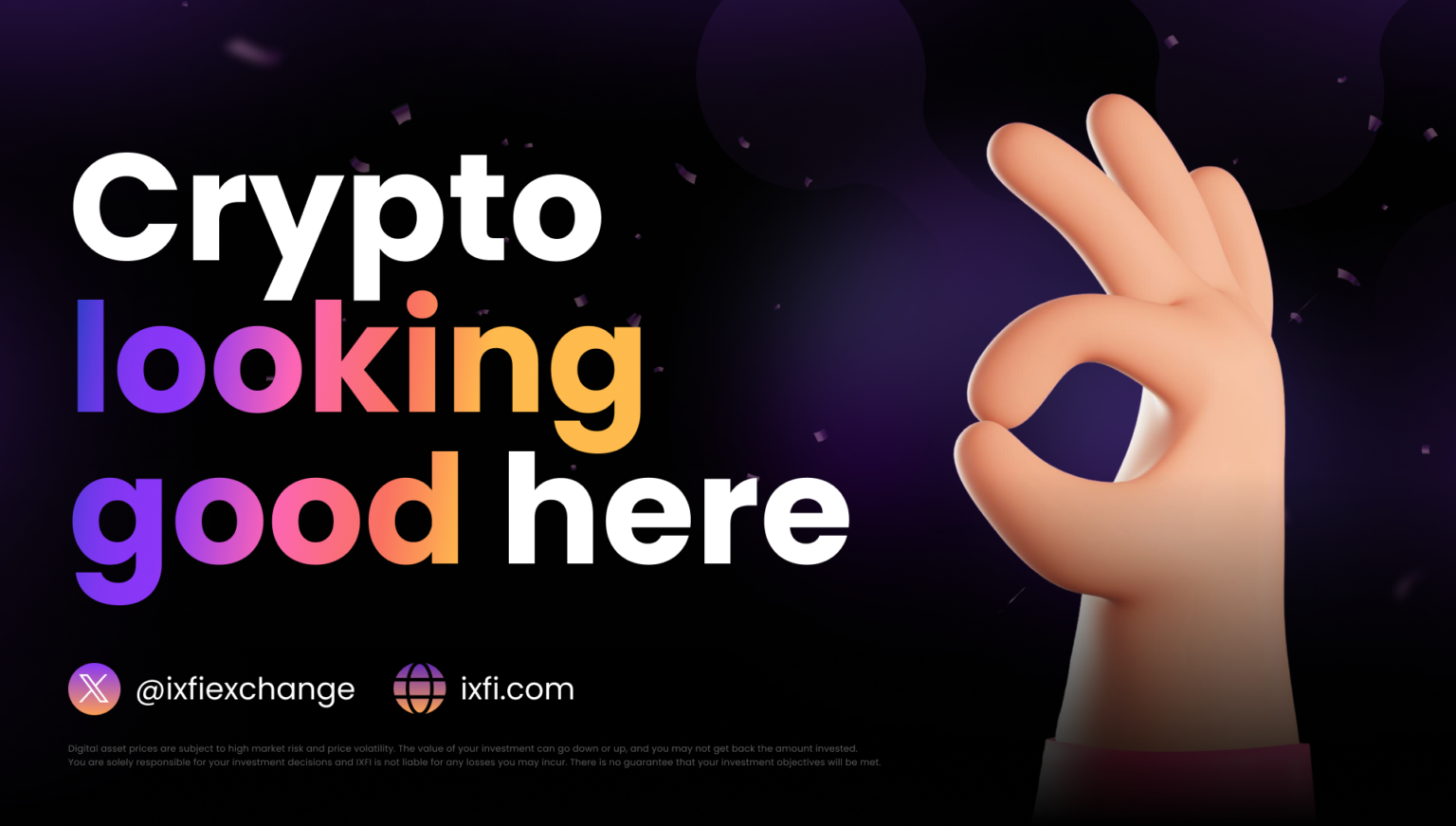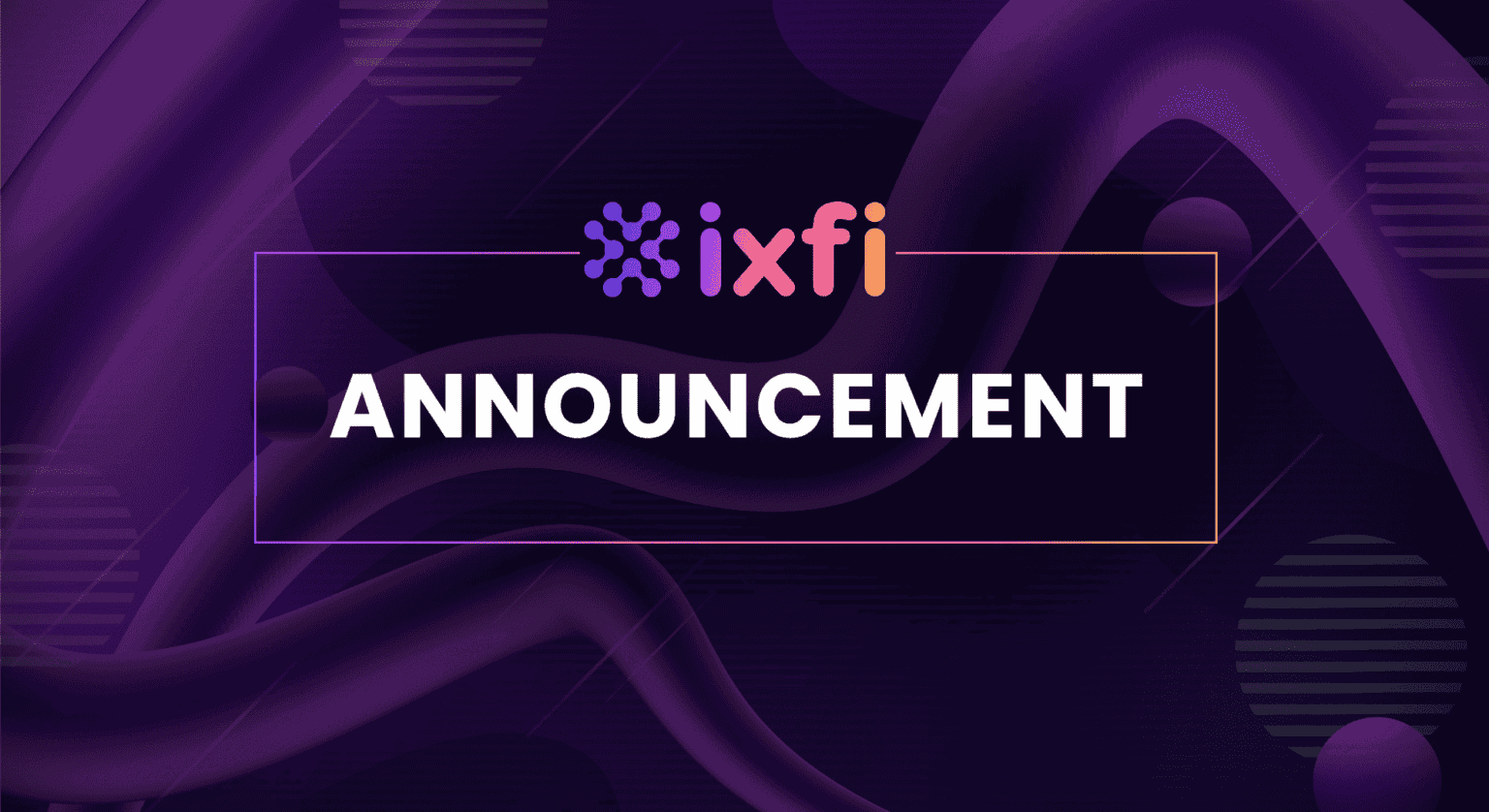A Database is an organized collection of structured data and information, usually electronically stored in a system. Information from the most common type of database used today is shaped in rows and columns in a tables series to simplify the data processing. This data can be later easily accessed, managed, modified, updated, controlled, and organized.
Technology brought not only diverse ways to store data, but also new ways to use it. For example, databases can improve business processes, like sales, processing orders, and services for clients. Then, analysts can work with this data to have a clear perspective on errors and improvements that can be made. Also, databases can be used to store information about clients or other potential clients of a company.
Management systems of databases are engines for specific applications, trading systems, analysis systems, and neither of these can work without being fed data. Databases grant constant and reliable access to information and can correlate data produced in different areas to better understand relations to generate reports that predict future trends.
What gets in the way of classic databases?
In this rapidly evolving world, we need fast and accurate results, with a small number of errors or, preferably, none at all. The most commonly used are classic databases, where information is kept in a single place, stored, and maintained in one physical location, whether it’s a server or a central computer. Database admins are always required to improvise and improve their performance. Some of the main problems are:
Processing the data volume growth: It isn’t very easy for database managers to face the overwhelming amount of data that comes from every direction. Servers can only store a limited amount of data.
Scalability limits: It’s difficult to predict from the beginning the amount of capacity that’s required, especially when it comes to classical databases. but the volume and working pace do not have to constantly grow and accelerate to face the challenges — so volumes have to be extensible, depending on needs.
Information security: Hackers get more and more creative over time, and it’s more important to make sure that the data and information we work with (and provide) is secure and cannot be accessed by anyone else. Processing each one of these issues is time and money-consuming.
Can Decentralized & Distributed Databases solve these problems?
A decentralized database stores information and sorts the work volume to more computers from the same network, using sophisticated algorithms to balance the requests received with sent proposals in the best response time possible.
In a decentralized database, Blockchain Technology offers access in an entirely distributed way. Each folder is duplicated in more storage nodes worldwide, reducing the cost of storage and ensuring that data is instantaneous — also the main reason for calling them Distributed Databases. Furthermore, if the volume is divided into more servers, the performance and reliability are significantly improved, leading to faster and more correct results. Among other benefits, there are:
Size: Some Databases need to be distributed because the loading time is too big to be managed by one source. For example, an educational app with lots of information that needs to be stored should be distributed among several systems.
Demand: If more users try to access data simultaneously, the performance of a centralized database has to suffer. If the data is shared between more systems, several requests can be answered at the same time.
Security: While centralized databases can be easily hacked sometimes, cryptography and advanced sharding techniques are applied to decentralized databases to ensure complete confidentiality.
All these advantages of decentralized databases can bring major benefits to the way we organize certain processes. The world of technology is changing and decentralization is a big part of that. Stay updated about all these changes by keeping up with our Medium blog. For a secure and smooth crypto trading experience, register on Your Friendly Crypto Exchange and enjoy the best features a modern exchange can offer.
Disclaimer: The content of this article is not investment advice and does not constitute an offer or solicitation to offer or recommendation of any investment product. It is for general purposes only and does not take into account your individual needs, investment objectives and specific financial and fiscal circumstances.
Although the material contained in this article was prepared based on information from public and private sources that IXFI believes to be reliable, no representation, warranty or undertaking, stated or implied, is given as to the accuracy of the information contained herein, and IXFI expressly disclaims any liability for the accuracy and completeness of the information contained in this article.
Investment involves risk; any ideas or strategies discussed herein should therefore not be undertaken by any individual without prior consultation with a financial professional for the purpose of assessing whether the ideas or strategies that are discussed are suitable to you based on your own personal financial and fiscal objectives, needs and risk tolerance. IXFI expressly disclaims any liability or loss incurred by any person who acts on the information, ideas or strategies discussed herein.



